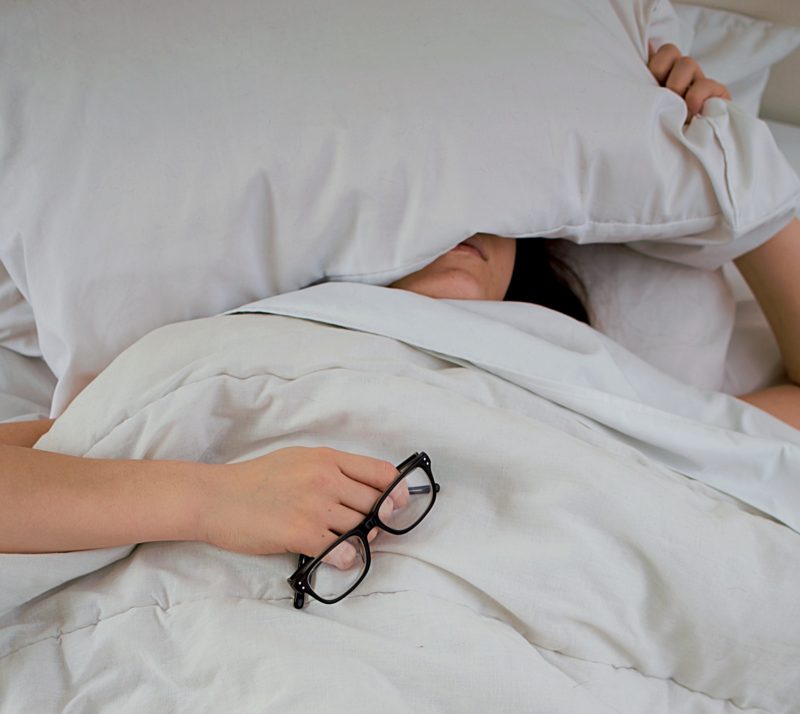Does your body have an internal alarm clock that just gets you going early in the morning or do you end up hitting snooze on your alarm before having to get up?
According to a recent study published in the Molecular Psychiatry journal, being an early riser lowers the likelihood of depressive symptoms and major depression, improves wellbeing, and associates with less circadian misalignment, while is the contrary for night owls who often find themselves struggling out of bed in the morning.
The researchers compared sleep information of 85,000 participants, who reported their moods and sleep cycles in a wristwatch they wore throughout the day. The study found that people with a disorderly sleep cycle were more likely to report depression, anxiety and have fewer feelings of well-being.
“It’s logical if you think about it,” Dr. Rym tells EMPWR, “when a person has an imbalanced [sleeping] cycle, stays up late when everyone else is asleep and has a disorganized circadian rhythm, it is only logical that they wouldn’t follow the day after.” Dr. Maghrabi explains to EMPWR that it would still be difficult even if the said person wakes up early and attempts to follow the same rhythm as everyone else around – who have had a “normal” sleeping cycle and are naturally early risers. It’s very likely they would end up making twice the effort, get exhausted quicker, and are thus psychologically more exposed to psychiatric disorders, such as depression, anxiety, and any other psychiatric disorder.
Dr. Rym compares the physical symptoms of people who suffer depression and those who do not, in her upcoming podcast Slamet Rassek, out June 11th on all streaming platforms. She explains that people who suffer from depression often experience hypersomnia and insomnia, wherein the patient would stay up all night, and/or sleep in all day, thus having trouble adjusting their sleep schedule to their daily social lives.
The study also called out a “social jetlag,” to describe the circadian misalignment. This term was coined from the jetlag that occurs when traveling from one time zone to another. Social jetlag refers to the mismatch that happens in people’s daily behaviors and their sleep cycle. For example, when a late-owl is forced to wake up early for work, or school, vs. early-risers who are sometimes forced to stay late working or stay up on weekends. Both sides must adhere to societal norms that determine work (and free) times but said norms sometimes interfere with their circadian habits and preferences.
“The health problems associated with being a night owl are likely a result of being a night owl living in a morning person’s world, which leads to disruption in their body’s circadian rhythms.”
Sleep specialist, Kristen Knutson, associate professor of neurology and preventive medicine, told CNN
The study concluded a link between unbalanced sleeping and circadian rhythm to psychiatric disruptions, however, these analyses are required to understand the said relationship, it is not a confirmed causal link.
⚡️If you like this article, subscribe here to our EMPWR Guide and be first to receive all our latest articles surrounding mental health in the MENA Region, directly to your inbox, every Sunday.
Be sure to check out and join our global conversation around mental health on EMPWR’s Facebook Community Group.
To learn more about EMPWR Podcasts join EMPWR’s Podcasting Community Group on Facebook.
💭 EMPWR is currently accepting Freelance Submissions & Art/Poetry here (All articles must comply with EMPWR’s writing guidelines for consideration.)









1 comment
Good job Nourhane ! 👏🏻
Comments are closed.